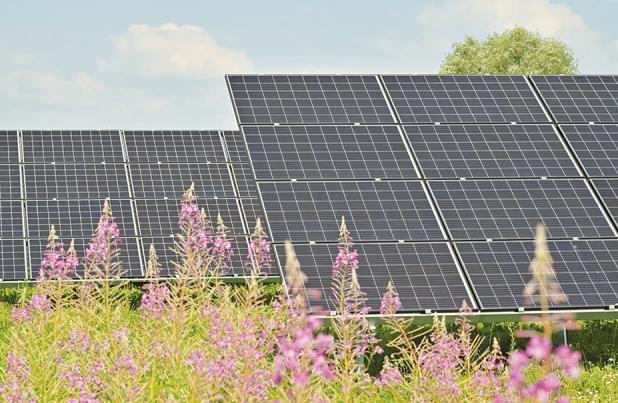
The Good, the Bad, and the Tannery
With legislation pending and three solar farms in various stages of planning in Hardeman County, the pros and cons of solar farms have become a topic of conversation.
And while land owners can capitalize on leasing their land at a high rate to solar farm companies, it comes at a price.
For example, a recent 98.83 acre lease on Whiteville Newcastle Road will raise the assessed value of the land from $1,625 per acre to $4,000 an acre. Also, under the public utility rate, it will be assessed at 55% instead of 25%. Furthermore, the equipment used by the company will be assessed at $20,895 per year, raising the estimated total tax burden for the owner/leasee to $26,547 per year over the previous tax bill of $1,015.
But while the financial boom for the county could be a good thing, Tennessee State Senator Page Walley says the problem he is trying to address, in his bill before the State House this legislative session, is a look into the future and what might happen if the deal or the solar company goes south.
“If the owner of the solar farm abandons the farm or a natural disaster hits the panels, such as a tornado, the clean up could be costly if the owners decide not to do it,” he said, adding the panels are neither environmentally friendly to the land they sit on nor easy to throw away due to their chemical makeup.
While not a solar panel issue, an example of what could go wrong is found just north of Bolivar on the old Bolivar Tannery site.
The 70-acre plot with a 150,000 square foot building is both an environmental clean-up problem and costly to begin with for anyone who would want to step in an take on the project. According to the figures obtained from the Hardeman County Clerk and Master Janice Bodiford, the tax bill is at $387,218.71 that would need to be paid before cleanup could begin. Recent changes to the tax value have reduced it to $1,000 a year as the expectation of a sale at the previous rate was a promise of revenue that would not be realistic.
One solution being considered at the county level is to require a bond to ensure cleanup if the project goes belly up and new solar projects are on hold by the Hardeman County Planning Committee until a plan is put into place.
Hardeman County Mayor Jimmy Sain said he is hoping to put the approval of each solar farm in the hands of the Hardeman County Commission.
“I have no problem with the solar farm concept, but the science concerning the clean up of a solar farm after its useful life is not clear and a great concern to me. I’m researching provisions to add to our zoning that will require the funding necessary to protect Hardeman County,” said Sain.
